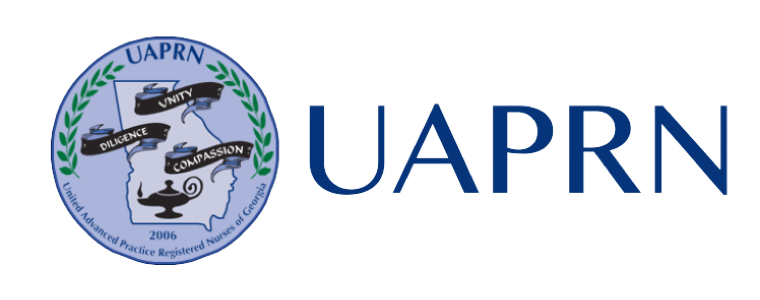These are our 2014 state policy priorities!!
Posted about 12 years ago by James F. Lawrence
As APRNs in Georgia, one of the distinctions that define us is our clinical expertise. However, if any of you have heard me speak, I strongly feel that another distinction of the APRN is his/her politically involvement. That professional leap in which you made from the RN to the APRN is no where more important than in this area! We must know the our goals and the direction in which we are heading to make an impact in our profession and in our state. You would never begin your family vacation trip without your reservations, GPS instrument, or pass port. So why would we do any less of preparation for such an important task as this?
Our 2014 state policy priorities include:
The American Association of Nurse Practitioners and UAPRN of Georgia 2014 state policy priorities are directed toward implementing full and direct access to nurse practitioners' services.
Priority: 1
Modernizing State Licensure Laws.
One-third of states and the District of Columbia have licensure laws that provide full practice authority for NPs. In these states NPs evaluate patients, diagnose, order and interpret diagnostic tests, initiate and manage treatments— including prescribing medications—under the exclusive licensure authority of the state board of nursing. This is the licensure model recommended by the National Council of State Boards of Nursing and the Institute of Medicine, and has been the licensure model in many states for over twenty years. Unfortunately, a number of states have outdated licensure laws that constrain the ability of NPs to fully meet patient care needs. AANP is committed to working with state legislators and regulators to modernize state licensure laws. It's time to close the gap between the high level of care that NPs are educated and prepared to provide and the restricted level of care that outdated state licensure laws allow NPs to deliver. By closing this gap, states will cultivate a growing health care workforce while maintaining a strong commitment to safe, quality care.
Priority 2
We need to call upons on legislators, regulators, and entities with oversight to adopt policies that recognize the signature of NPs on forms for care that is within the scope of practice of the nurse practitioner.
Signature Recognition NPs treat millions of patients every year. Yet in some states NPs are unable to "treat the paperwork" to complete the care. This disconnect between the legal authority of an NP to provide treatment and the recognition of an NP's signature on a form to verify that care creates delays and increases health care costs, particularly for patients who require disabled parking placards, verification of immunizations, sports physical participation clearance, advanced directives, and other forms pertaining to the regular provision of health care.
Priority 3
Full Participation in Insurance Exchanges and Insurance Plans.
The demographic of today's provider workforce is changing. Nurse practitioners are the fastest growing members of the primary care provider workforce. Policy makers must make full use of nurse practitioners to ensure that the health care needs in the state are met and protect a patient's right to choose a nurse practitioner as their primary care provider while having that care covered under their insurance plan. This will require that states adopt and enforce insurance regulations for direct credentialing and reimbursement of nurse practitioners, provide reimbursement rates that promote sustainable practice, and list NPs in network directories for patients seeking nurse practitioner providers. We call on state policy makers to ensure that insurance companies comply with non-discrimination language in Section 2706 of the federal Patient Protection and Affordable Care Act, and that patients have full and direct access to nurse practitioners.
Join with us in seeking to reach these 2014 goals in promoting these efforts that will provide patients a choice in their health care while improving quality and curbing costs.
Dr. James F. Lawrence
State UAPRN President
